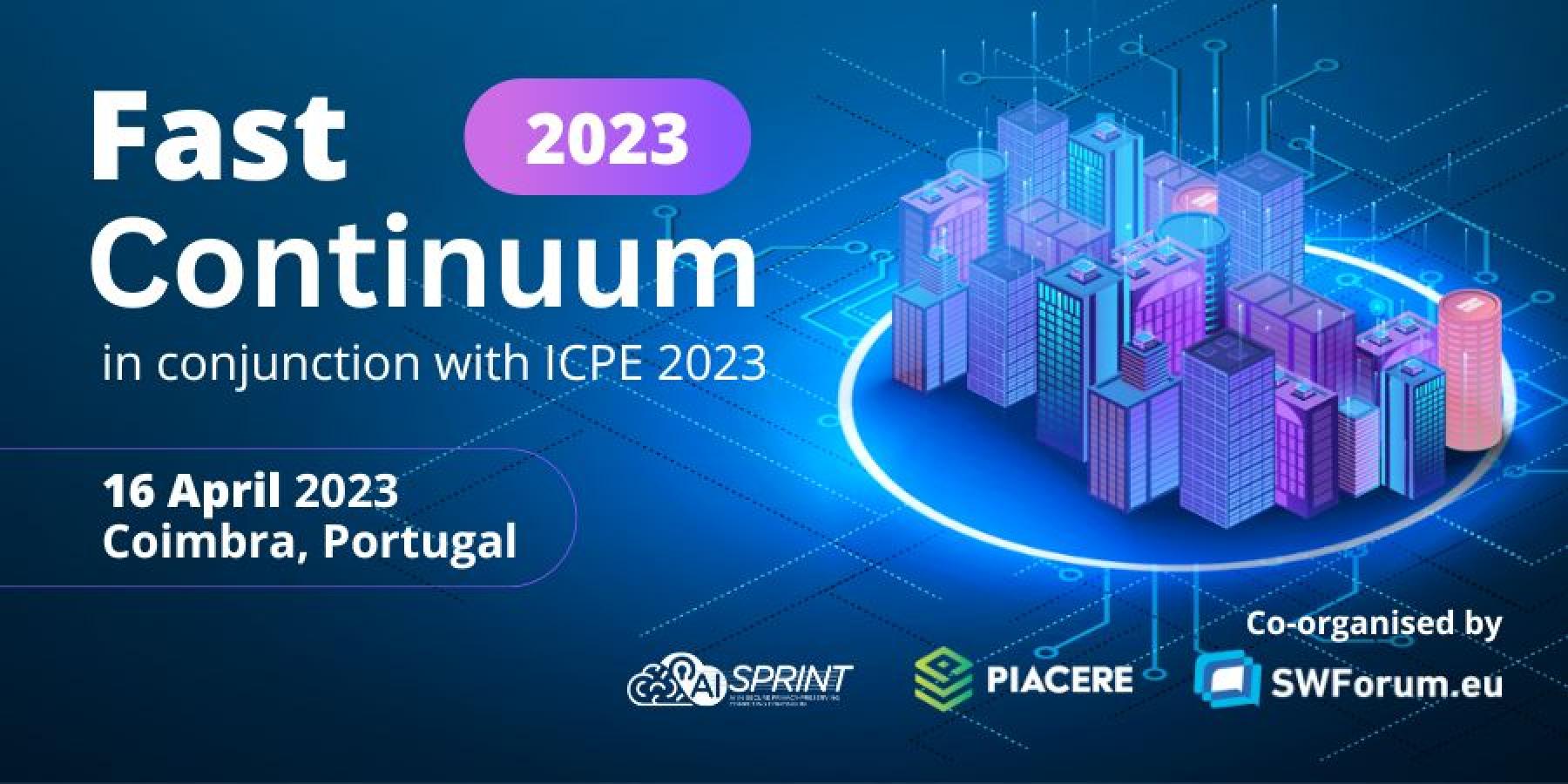
Nowadays, cloud computing is widely used by industry with an estimate of the worldwide cloud market of about 940 USD billions with a compound annual growth rate of about 16%. Cloud computing provides, among the others, the capacity to run the backend of web applications, or to train artificial intelligence applications, or to run big data analytics. However, the accelerated migration towards mobile computing and Internet of Things, where a huge amount of data is generated by widespread end-devices, is determining the rise of the computing continuum paradigm, where resources are distributed among devices with highly heterogeneous capacities. This promises reduced latency and higher throughput thanks to local processing. However, in reality, there are still many open challenges concerning the fast development, testing, and operation of computing continuum software, especially when we must provide specific performance guarantees in the end-to-end application execution. Indeed, computing continua are inherently fragmented, IoT/edge devices are highly heterogeneous providing different computing capabilities but also introducing proprietary development, deployment and operation frameworks. In this context, dominating the complexity of multiple coexisting frameworks, as well as managing component placement and resource allocation, become crucial to orchestrate at best the continuum resources.
The goal of the FastContinuum2023 workshop is to foster discussion and collaboration among researchers from cloud/edge/fog/computing continuum and performance analysis communities, to share the relevant topics and results of the current approaches.
The conference is co-organised by the projects AI-SPRINT, PIACERE and SWForum.